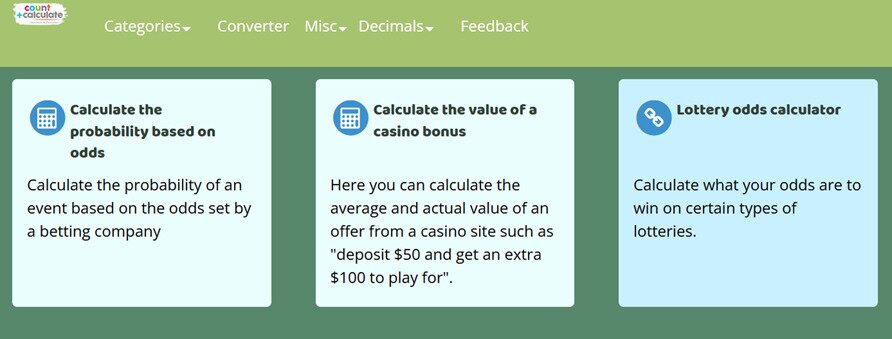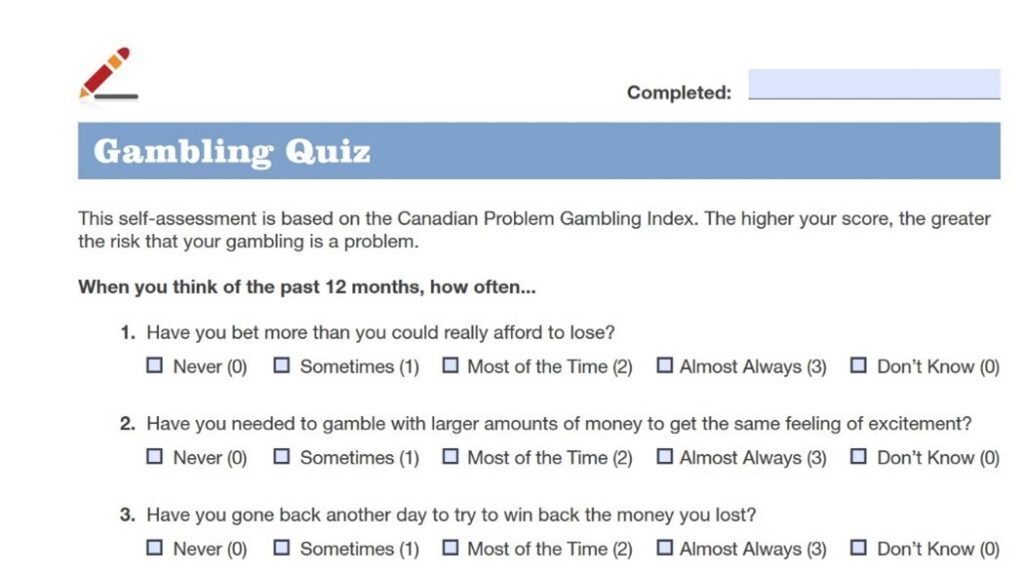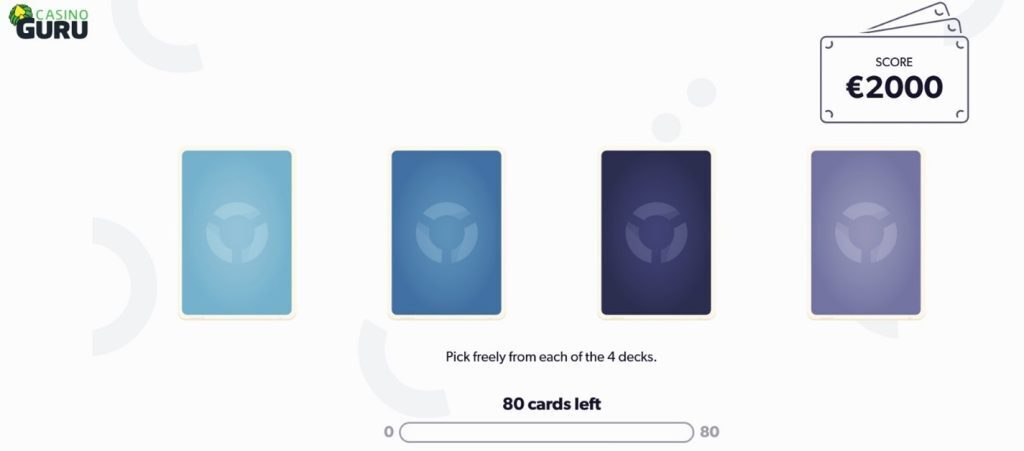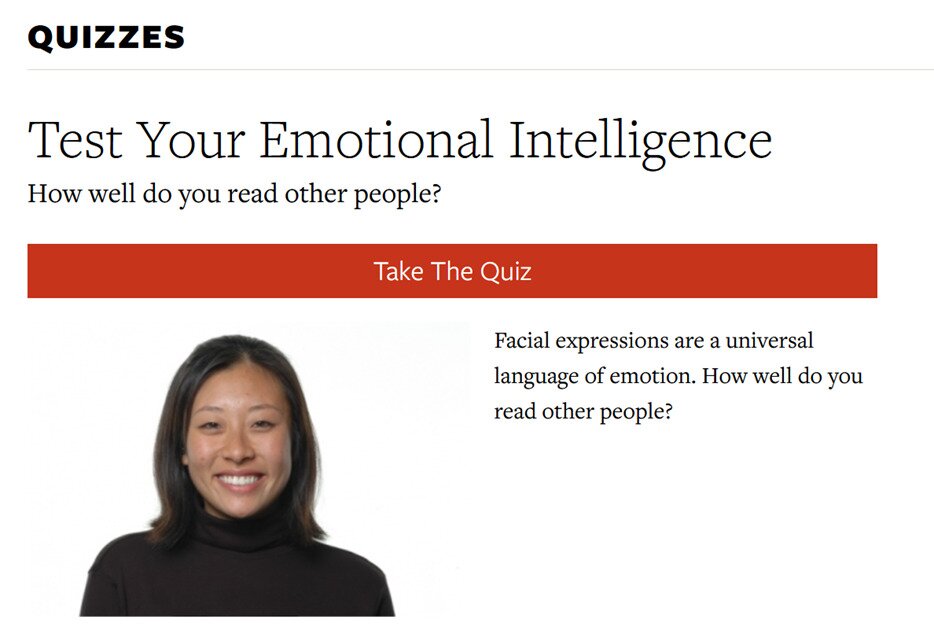When it comes to gambling skills, whether online or in person, most people only think of the strategy involved when it comes to game play. There’s a lot more than just using your math knowledge that gambling can teach you. We know you may be wondering exactly what skills you could use as a gambler; let’s uncover these abilities.
The Winning Combination: Harnessing the Synergy Between Hard and Soft Skills
Here, we talk about hard and soft skills and each one serves a specific purpose. Hard skills are teachable abilities that can be easily measured or quantified. These competencies tend to be linked to intelligence quotient (IQ) and are used for job qualifications, such as accounting, language proficiency, or data analysis.
Soft skills are less tangible and aren’t easily measured, but they are equally important for everyday life. These abilities are more linked to emotional quotient (EQ), such as being able to understand, use, and control your feelings in healthy ways to reduce stress, communicate clearly, connect with others, resolve conflict, and be adaptable or flexible.
In life, you need a good balance of hard and soft skills. Professional knowledge is built on top of hard skills that are needed to do specific jobs. Having technical knowledge is important, but soft skills are even more important for you, especially when it comes to using that knowledge.
From Good to Great: Elevate Yourself with Hard and Soft Skills
Here is a rundown of the essential life skills that you could learn or improve on, sorted into the category of hard or soft skills:
| Hard Skills | Soft Skills |
| Strategic thinking | Social and communication skills |
| Probability and math | Emotional control |
| Risk assessment and management | Patience and discipline |
| Money management | Handling loss and being resilient |
Strategic thinking
Gambling improves the ability to make choices, especially when the outcome is unclear. Think about making choices in business or life where you don’t know all the facts. Strategic games such as poker and blackjack require you to plan ahead for the future. These skills can help you in your job or other parts of your life.
Probability and math
Understanding how to apply odds or probabilities is an essential skill that is useful for far more than just gambling. Although it is a great asset when it comes to traditional games such as baccarat, blackjack, craps, and poker.
There are specific situations in gambling where this skill may come in handy. Here’s more information on working out a casino bonus, lottery odds, or calculating probability. We regularly use this skill to decide what is likely or not to happen.

How we determine probability:
• It’s certain – there is a 100% likelihood
• It’s likely – the odds are in favour of this event occurring (ranging from 50% to 100%)
• Even chance – this has a 50% probability
• It’s unlikely – this event probably won’t occur (odds lie between 0% to 50%)
• It’s impossible – it is a 0% probability
How does probability apply in real-life situations? For example, insurance companies use odds to figure out the level of risk and whether a bad or harmful event may happen. There’s a reason why we have medical aid, car insurance, household insurance and so on.
If you have ever wondered what the weather forecast for tomorrow will be, you guessed it; this actually uses probability theory. If you sit in traffic and predict the travel routes that may be easier to drive based on traffic conditions. Doctors often use probabilities to interpret medical tests and decide on treatments.
Craps, blackjack and poker games are more about understanding probabilities and basic math (addition or subtraction, such as understanding the value of the cards and knowing how many cards are in a deck). A higher understanding of math and statistics comes into play when it comes to sports betting, financial securities or elections – as these require more complex skills.
Risk assessment and management
How do you assess and manage risks when you’re gambling? Every player, from novice to expert, should understand how to handle risks.
If you’re not sure how you tackle this, there are certain questions that may help you decide:
- Do you often weigh the pros and cons before deciding?
- How do you react when faced with an unexpected situation?
- What’s your approach to investing or managing money?
With responsible gambling being such a top-of-mind topic, self-assessment quizzes are becoming more popular to encourage players to stick to responsible limits. The Gambling, Gaming and Technology Use program (formerly known as the Problem Gambling Institute of Ontario), together with the Centre for Addiction and Mental Health has put together a quick quiz that promotes safer playing habits.

Money management
Knowing your gambling style is the first step to being self-aware of how much risk you’ll take when it comes to playing with odds. We’ve added a link to a playable simulator that lets you practice managing your stake, it only takes three minutes to complete. You get to select 400 cards from four decks, and you are given a virtual betting fund of $2,000.
Once you have played all 400 cards, the simulator will assess your risk profile and provide advice on aspects to be aware of when you gamble. This is personalised for you and is a good way to find out how you gamble without losing any real money.

Social and communication skills
Gaming with other people can help you improve your communication abilities, and allow you to develop your skills in spotting and reading body language. These skills are important for networking and in your career.
For example:
- How do you connect with others?
- How well do you understand social cues?
- How well do you communicate?
There are many quizzes that help you understand your communication habits and style. They examine your social skills and provide feedback on how to improve.
Emotional control
EQ plays a big factor in whether people will develop the psychological skills required for certain games of skills. For instance, in poker, being able to read people’s tells, bluffing, and making snap decisions in high-pressure moments are essential skills that are transferable to other parts of life.
These questions will help you assess your emotional control:
- Describe how you react in high-pressure situations
- How do you handle losses or setbacks?
Being able to develop greater emotional control gives you the power to make better decisions, even when faced with limited information and difficult circumstances. We recommend taking this EQ test developed by Berkely, University of California for reading facial expressions and identifying emotions.

Patience and discipline
Even with the best strategy, if you are impatient, you may ruin your streak of good fortune. Whether you are a professional gambler or someone who indulges in it for entertainment, gambling requires more than mere luck.
It teaches you to wait for the right moment to make a move. This also gives you the opportunity to practice controlling your emotions and being calm when making big decisions. Gambling teaches patience and discipline to wait for the right opportunity, a skill that is transferable to many aspects of life, including careers and investments.
Handling loss and being resilient
Gambling can teach people how to deal with losses well and build resilience, which is a skill that can help them in both personal and business situations. The more resilient you are, the better you’re able to deal with stress, worry, and sadness – and get over losses quickly.
These questions delve into your resiliency:
- What are your past experiences with loss and methods of coping?
- How would you rate your current physical and mental health?
- How do you deal with setbacks?
- How do you cope with pressure?

What Gambling Can Teach You About Yourself
As with any lesson, growth is about becoming more self-aware of your personality, habits, and skills. We’ve gone into detail about how online gambling teaches you to handle risks, keep your emotions in check, think strategically, and more. It also gives you the essential skills you need to be successful in both your personal and work life.
